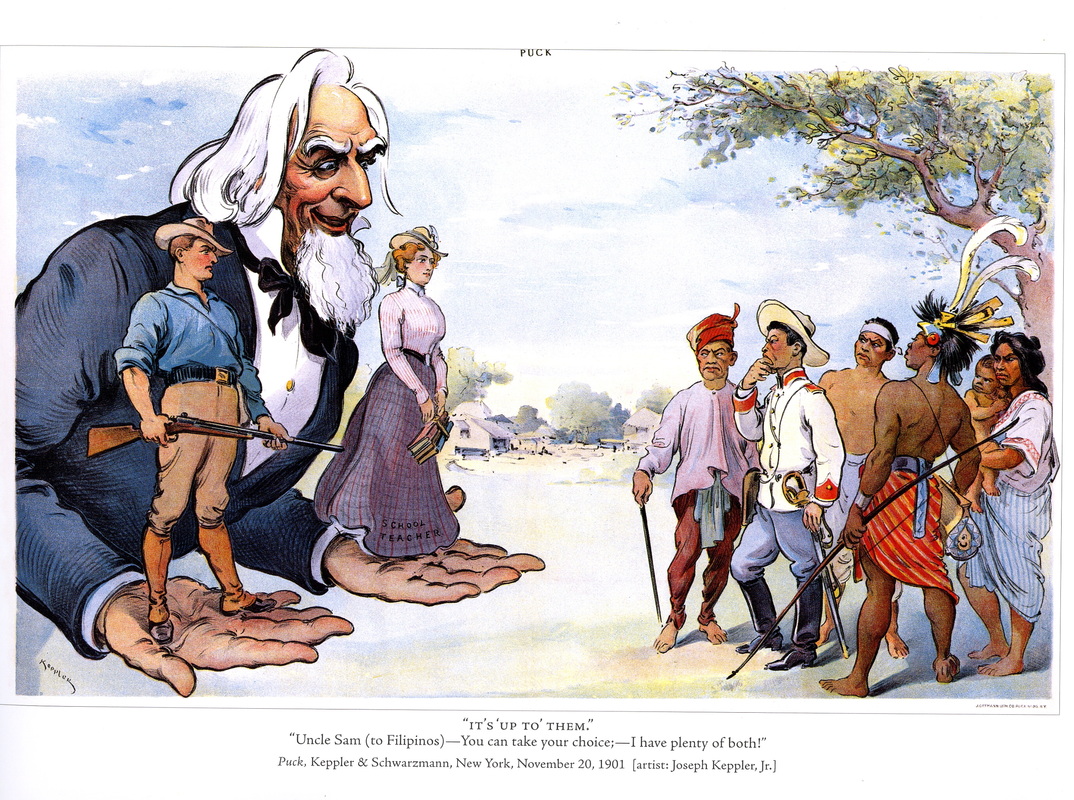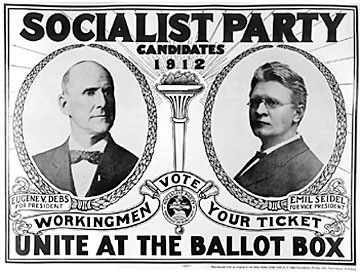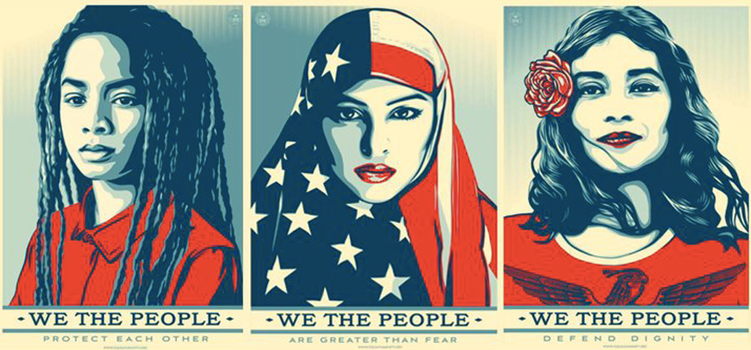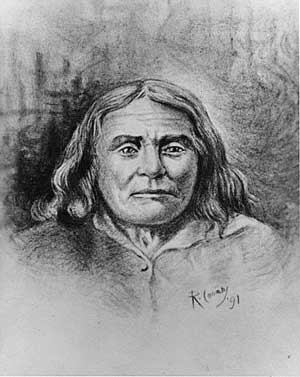- Know the effects of industrialization on living and working conditions, including the portrayal of working conditions and food safety in Upton Sinclair's The Jungle.
- Describe the changing landscape, including the growth of cities linked by industry and trade, and the development of cities divided according to race, ethnicity, and class.
- Trace the effect of the Americanization movement.
- Analyze the effect of urban political machines and responses to them by immigrants and middle-class reformers.
- Discuss corporate mergers that produced trusts and cartels and the economic and political policies of industrial leaders.
- Trace the economic development of the United States and its emergence as a major industrial power, including its gains from trade and the advantages of its physical geography.
- Analyze the similarities and differences between the ideologies of Social Darwinism and Social Gospel (e.g., using biographies of William Graham Sumner, Billy Sunday, Dwight L. Moody).
- Examine the effect of political programs and activities of Populists.
- Understand the effect of political programs and activities of the Progressives (e.g., federal regulation of railroad transport, Children's Bureau, the Sixteenth Amendment, Theodore Roosevelt, Hiram Johnson).
- List the purpose and the effects of the Open Door policy.
- Describe the Spanish-American War and U.S. expansion in the South Pacific.
- Discuss America's role in the Panama Revolution and the building of the Panama Canal.
- Explain Theodore Roosevelt's Big Stick diplomacy, William Taft's Dollar Diplomacy, and Woodrow Wilson's Moral Diplomacy, drawing on relevant speeches.
- Analyze the political, economic, and social ramifications of World War I on the home front.
- Trace the declining role of Great Britain and the expanding role of the United States in world affairs after World War II.


 RSS Feed
RSS Feed

